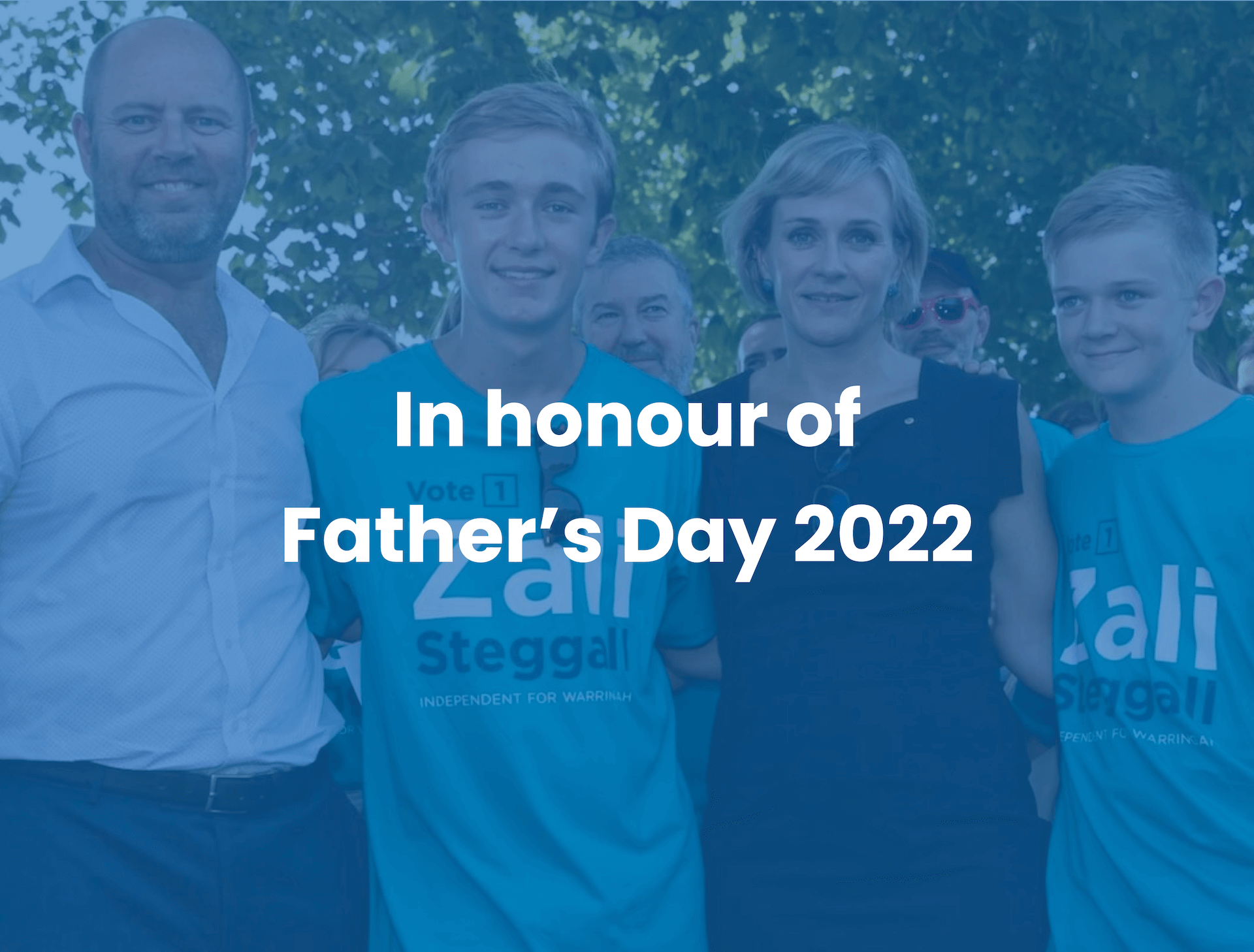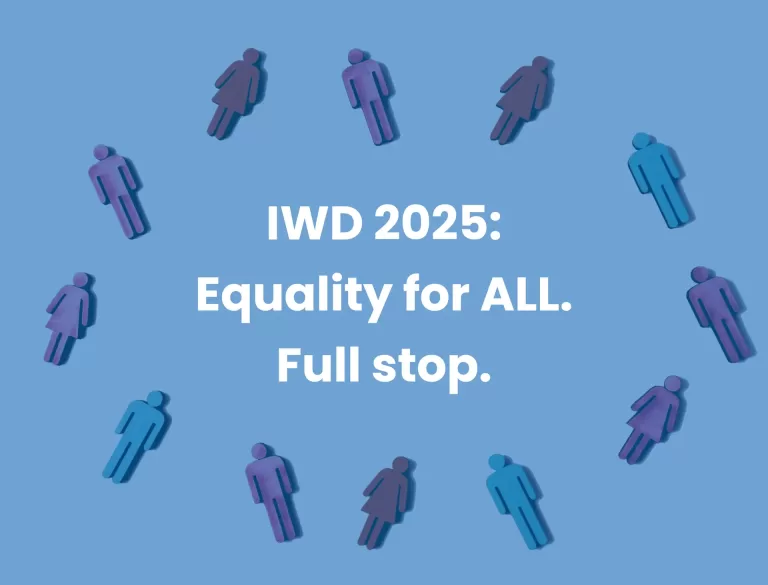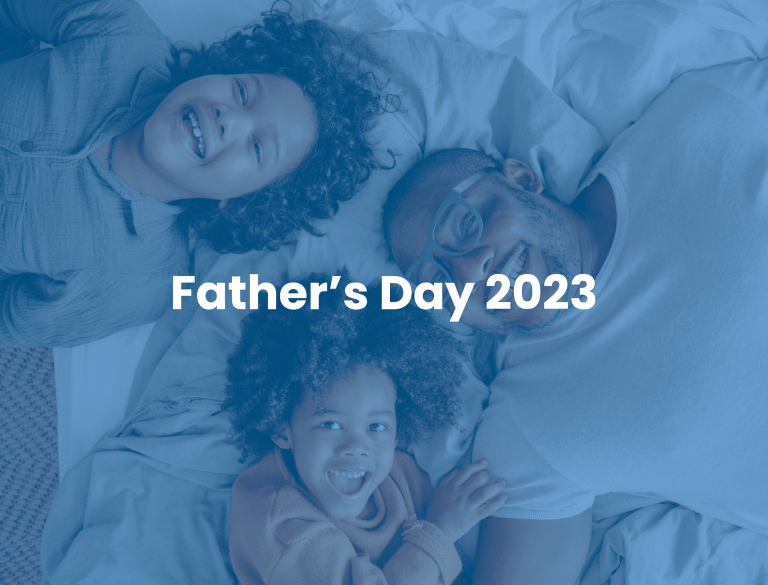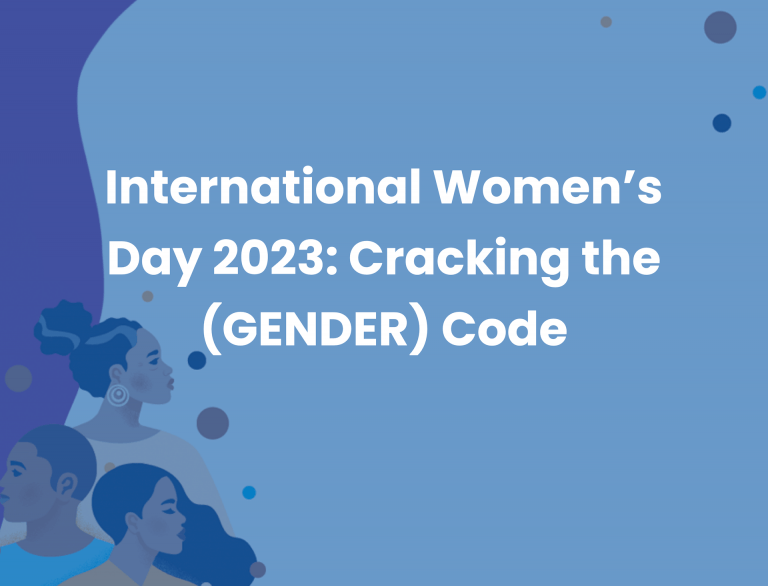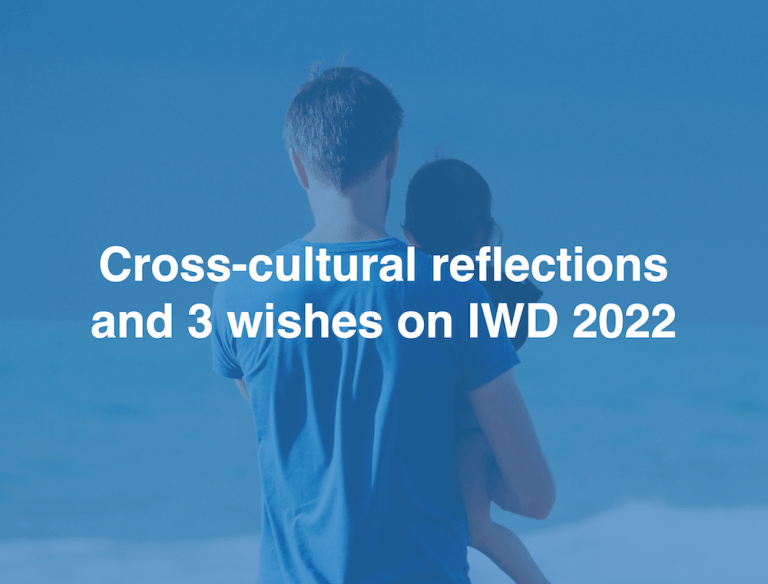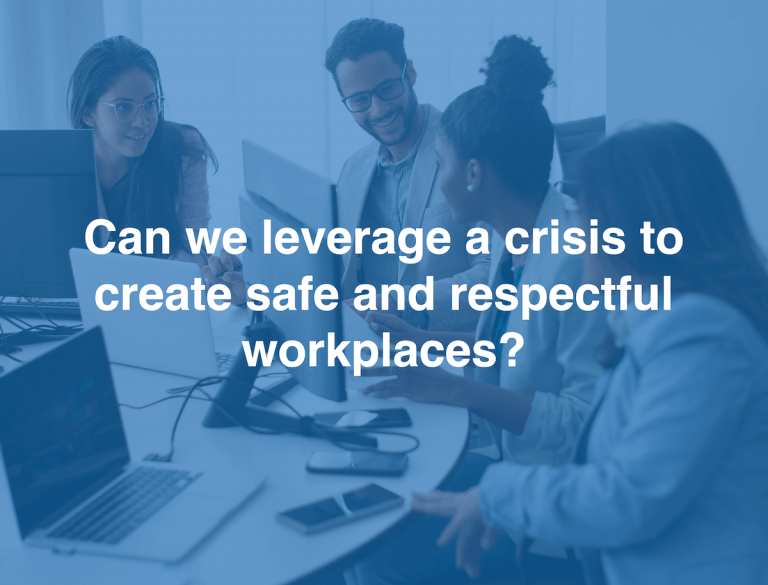In honour of Father’s Day 2022
Meet the husbands of two teal independents
Published afr.com, 3 September 2022, by Rob Sturrock with Coleen MacKinnon
It was a pleasure to contribute to Meet the husbands. Tim Irving and Adam Magro represent Australia’s modern men, sharing care and careers with high-profile partners MPs Zali Steggall and Sophie Scamps.
ARTICLE
Tim Irving recalls a time he went to a mums’ morning tea on behalf of his wife. He entered to a room full of mothers. “I’m really sorry, but my wife couldn’t make it, so I’m here,” he told them. The women reacted somewhat incredulously: “Oh my gosh, my husband would never come to something like this!” Irving says they almost wanted to touch him to see if he were real.
Irving is an executive at a digital health business, and for the past three years has taken on more responsibilities for his children and running the household because his wife is Zali Steggall, teal independent MP for the Sydney electorate of Warringah.
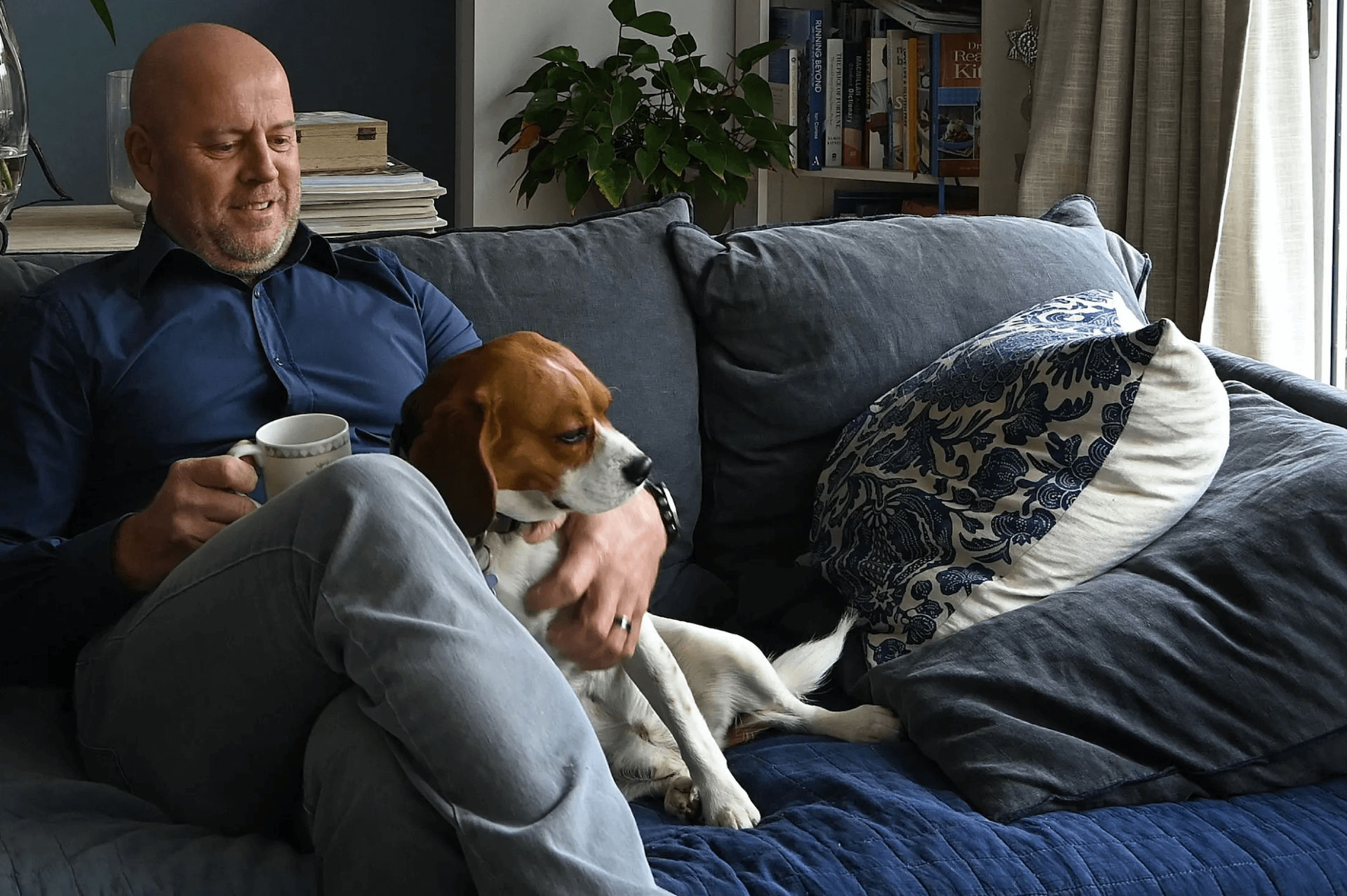
For the next three years, as with the past three, Irving will take the lead in caring for their two teenage sons, running the household, and managing his business, while Steggall heads to Canberra for busy sitting weeks and, when home, tending to her electorate.
Irving’s story about the mums’ morning tea happened about 14 years ago. Ideally, we’d be able to comment about how much things have changed in our community: that seeing a dad front up to mothers’ groups, or pushing a stroller through a leafy suburban park midweek, was more than a novelty. But the reality is more complicated.
When it comes to understanding the importance of fatherhood, Australia is in a time of transition. While Australians increasingly think parenting should be shared equally, that men do not want to (or cannot) provide the caring and emotional nourishment for their children remains a stubborn community stereotype.
For decades, men have been conditioned to see their role as father as the main breadwinner: providing financially for their family. Today, about 90 per cent of Aussie dads with children under 15 are employed, and about 92 per cent of these dads work full time. While such contributions are undeniably important, this is not the sum total of what a father has to offer, the role they should play inside a family or the contributions they offer our society.
Irving is frustrated that for many men, something like earning less than their wives and partners is a problem: “I’m so ashamed that attitude still exists. Since Zali has been in politics, I’ve had men say to me, ‘How does it work, mate? Isn’t there a power issue in your relationship? Doesn’t it upset you?’ I just say no, you have to lead by example, and flush out these old attitudes.”
Ripple effect
There are many benefits to our community when men are supported to step out of the workforce to dedicate time to being dads, are actively present for their kids and equitably carry the emotional load of parenting, primary research, attitudinal surveys, and contemporary experience all show.
Australia is yet to fully realise the ripple effect fatherhood can have on our children, households, workplaces and neighbourhoods.
The impacts start with the children themselves. International research shows lasting, positive effects fathers have on their children if they’re involved from the early childhood years.
Essentially, the active involvement of dads enriches the development and wellbeing of their children. Fathers who have more direct interactions with young kids help improve the children’s social, behavioural and psychological outcomes. Increased involvement by dad is linked to children being more competent in social settings, having greater empathy, more positive self-esteem and self-control, better interaction with siblings, and better progress at school.
Equally, when a father actively cares for his children, he benefits developmentally and emotionally as well. A US study found involved fathers tended to be more emotionally responsive, better at multitasking and increasingly perceptive at identifying their baby’s needs.
Yet another piece of American research highlights that men in more equal relationships tend to report better mental, physical and sexual health; they also tend to have more intimate, positive relationships with their partners and with their children.
This empirical evidence is perhaps one of the more exciting breakthroughs for contemporary fatherhood. By showing the different personal ways that fathers stand to have a happier and healthier life, the evidence lays waste to the reductive notion of the male breadwinner.
Fun stuff
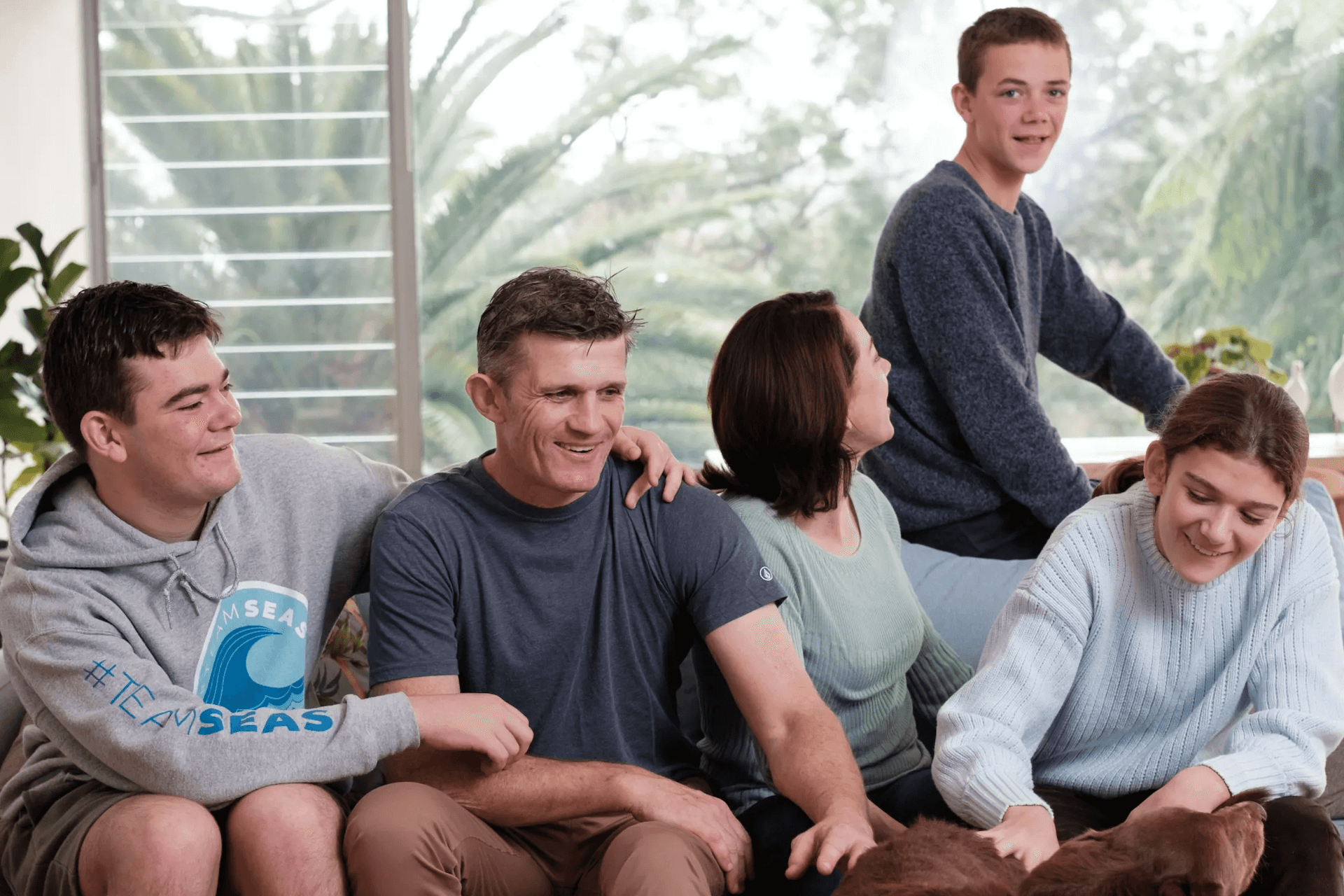
Adam Magro is the husband of Dr Sophie Scamps, the teal independent MP for the Mackellar electorate on Sydney’s northern beaches. Together, they have three teenage kids. Magro runs a business as a mortgage broker. During their 24-year relationship, he and Scamps have supported one another. He was there as Scamps trained in medicine; she joined him when his early career as a professional rugby union player took him to Ireland. This balancing act continued with children. Scamps worked part-time and Magro helped with the daily juggle as he transitioned to a finance career.
Magro recalls the days when he was one of the few dads actively doing the juggle but thinks the balance between mothers and fathers is gradually improving.
“At the time when I started sharing the care and juggling careers with Sophie, some 15-16 years ago, none of my friends were doing this. When I would pick up kids from school or attend a school daytime activity like tuckshop, I really felt like I was one of the very few. I do feel now that more and more couples are doing this.
“We’ve been fortunate to have the flexibility in our careers to raise the kids together,” says Magro. “It’s a challenge but we both get a lot out of being a parent. Parenting delivers a new set of skills, and pleasures. I get to share in and support their interests and introduce them to my own. Fun stuff is really valued.”
There is a direct benefit to women when men are more actively involved in raising children.
On average, working Australian mums do twice as much domestic and childcare work, while dads are doing twice as much paid professional work.
A mother who is also the main breadwinner in a household with kids still tends to do more housework than her male partner. A British study found that working mothers with two kids were about 40 per cent more stressed than the rest of the population.
COVID-19 induced lockdowns and stress have only pushed working mums further towards total emotional burnout and breaking point. At home, fathers who are immersed in child-caring help carry the mental load of parenting and reduce the family’s collective stress levels.
When men are supported to care for family, it assists women to step back into the workforce after maternity leave or periods of part-time work. This is perhaps one of the most overlooked benefits from the changing nature of fatherhood: its social and economic contribution to addressing gender inequality.
Australia ranks 43rd in this year’s WEF Global Gender Gap Index.
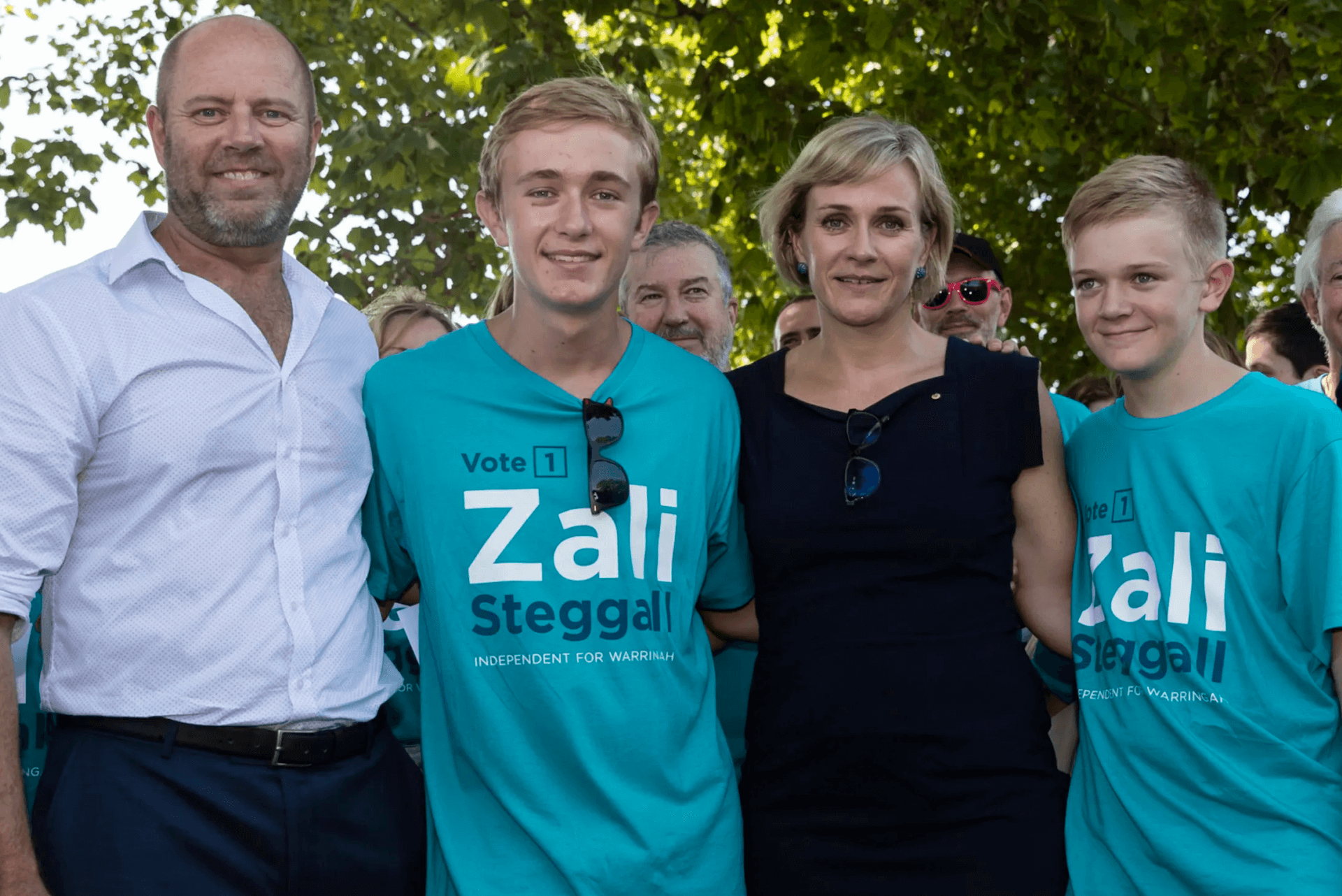
The proportion of women working part-time is higher in Australia than in almost any other developed economy, the Grattan Institute says. This stems in no small part to serious inadequacies in Australia’s childcare and parental leave systems. Yet when men can access generous and flexible parental leave packages – through the government or an employer – they are more likely to contribute at home, allowing partners the equal ability to pursue a career.
Irving says he and Steggall have spent years rotating responsibility around career and family life. “We never resented when either of us had to step up and do more at home with the kids because of work. It was always, ‘Look, I know you need to focus, to do your job properly.’ By the time Zali entered politics, we were an incredibly well-oiled machine.”
Similarly, Magro is serious about role modelling a balanced approach to his kids: “It’s all about working together, contributing where we can. I do most of the cooking. My son cooks now, too. I’m not sure he would think it’s appropriate to do that if he hadn’t seen his dad do it.”
Dads with young children want to put family at the centre of their lives, and seek increased flexibility and balance in their workplace, evidence from attitudinal surveys of Australian men in the past five years, such as those by Nielsen and the Diversity Council of Australia, show.
In the last 2 ½ years of lockdowns, and with working from home, men have seen a new way of doing things where they can be at home more helping during the week and more deeply appreciating time with family.
Yet, our systems fail to adequately support fathers.
Men accounted for 12 per cent of the primary carer’s leave taken in 2021, which was a sharp improvement on the previous year, the Workplace Gender Equality Agency says. This low figure, though, is exacerbated by Australia offering one of the least-generous, taxpayer-funded, paid-parental leave packages in the industrialised world, far behind leading European nations, and only marginally better than the US.
Where government lags, the private sector is leading, and many white-collar industries (advisory services such as law or consulting) offer generous, flexible, paid-parental leave packages for both working mums and dads.
Data is collected and published that identifies the country’s most dad-friendly workplaces. Given current labour shortages, these packages can be the difference in attracting and retaining the best available talent.
But shifting mindsets and overcoming an entrenched “male breadwinner culture” requires equal access to all dads, not just the few who work for large, often-global companies.
There is a clear role for government in expanding paid parental leave schemes equitably.
As for Irving, now with three years of federal politics under his belt and at least another three to come, he is enthusiastic about the challenges and joys of being an involved father and supporting his partner to thrive professionally.
“I genuinely have an incredible life raising my children. It’s the full experience and I love being there for it,” he says.
With Coleen MacKinnon
Rob Sturrock is author of Man Raises Boy: a revolutionary approach for fathers who want to raise kind, confident and happy sons. Coleen MacKinnon is the founder of diversity consultancy Inclusivity Quotient (InQ).

